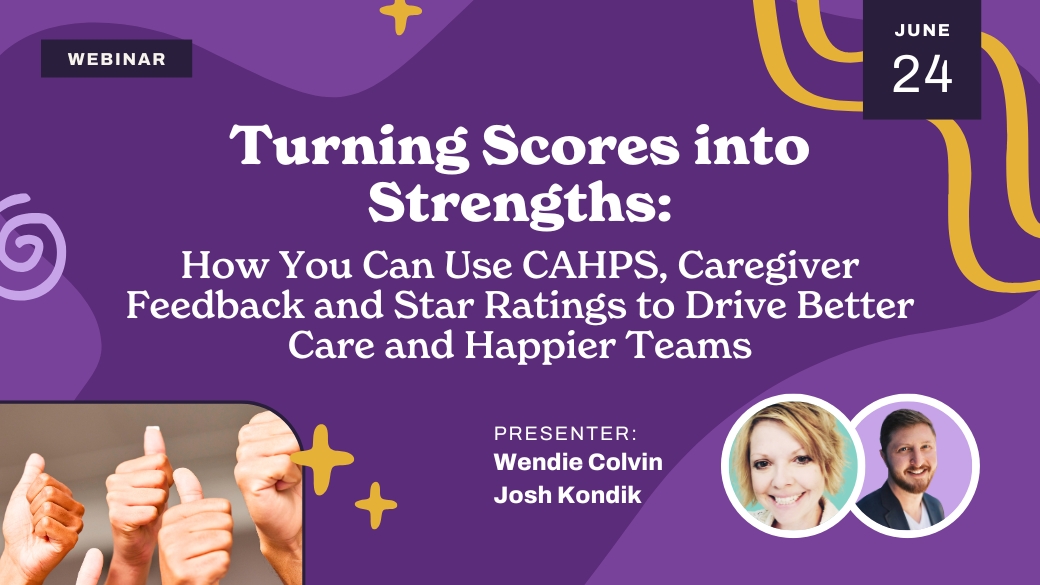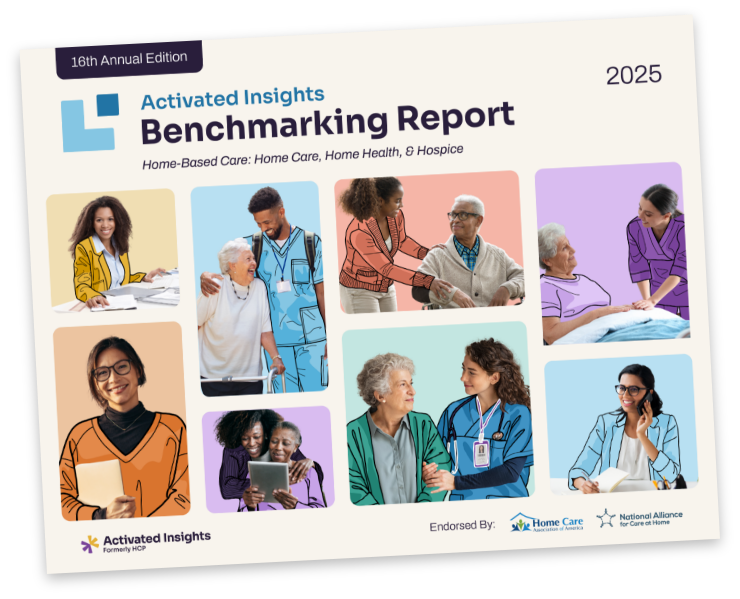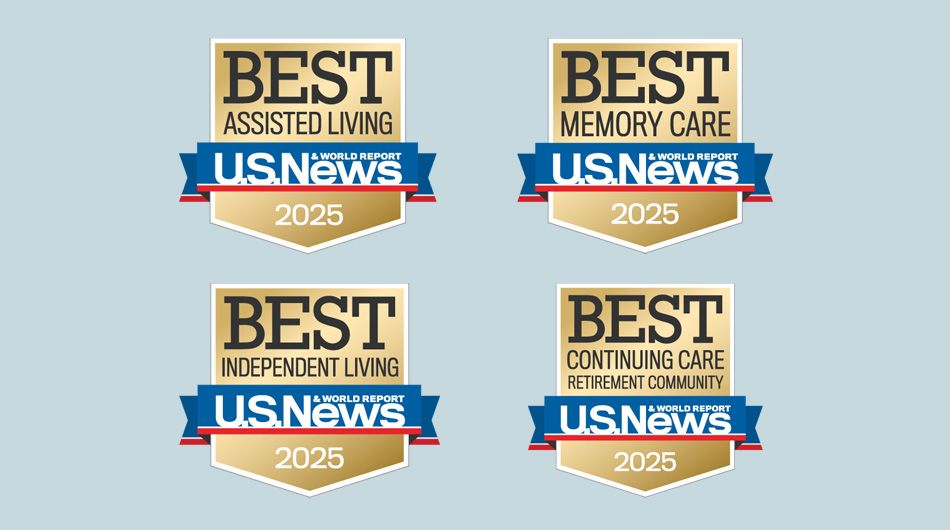Home care providers play a crucial role in delivering essential medical and personal care services to people in the comfort of their own homes.
Note: This article was originally published in the 2024 Activated Insights Benchmarking Report.
In the wake of the senseless murder of home care nurse Joyce Grayson in the course of her duties, the National Association for Home Care & Hospice (NAHC) fully supports legislation and regulatory measures aimed at ensuring the safety and protection of home care providers. This tragedy underscores the urgent need for comprehensive safeguards in an industry already grappling with a critical shortage of nurses, home care aides, and caregivers.
The shortage of qualified healthcare professionals, particularly in home care, has reached a critical level. As the population of older Americans continues to expand, the demand for home-based healthcare services has surged. However, the supply of skilled and dedicated home care providers has not kept pace, leaving the industry stretched thin.
Home care providers play a crucial role in delivering essential medical and personal care services to people in the comfort of their own homes. The worker shortage
places an immense burden on the existing workforce, leading to increased workloads, longer hours, and heightened stress levels for those on the front lines. In such an environment, risks to the safety of home care providers are amplified.
3 Steps to Address Industry Safety Concerns
Recognizing the urgency of addressing the safety concerns faced by home care providers, policymakers must advocate for legislative and regulatory actions that prioritize their protection. Comprehensive measures that encompass training, support systems, and legal safeguards to create a secure environment for those delivering care in private residences are just a start.
- 1
Enhanced training programs would equip home care providers with the skills and knowledge needed to navigate potentially challenging situations. This could include training in conflict resolution, de-escalation techniques, and self-defense where appropriate. Education is a key component in empowering home care providers to recognize and mitigate potential risks.
- 2
Robust support systems for home care providers would help address the emotional toll of their work. This involves access to counseling services, peer support networks, and regular check-ins to monitor their well-being. Recognizing the mental health challenges faced by those in the profession, these support systems aim to create a safety net for home care providers.
- 3
Potential legislation that explicitly addresses violence against home care providers should be considered. This includes stricter penalties for perpetrators, increased collaboration with law enforcement, and measures to ensure swift investigation and prosecution of crimes. Legal safeguards are essential to sending a strong message that violence against home care providers will not be tolerated.
Forecasted Projections for the Industry’s Top Challenges
Concerns over safety aren’t the only reason for worker shortages, however. Since 2020, the number of available aides has declined by a distressing 23 percent. This
alarming trend, coupled with an annual turnover rate of more than half of these caregivers, paints a bleak picture, where care providers report reluctantly turning down a whopping 50 percent of care seekers.
Projections foretell an imminent surge in demand, with the home care industry slated to create over 1.2 million jobs by 2028, catapulting it into one of the nation’s
fastest-growing sectors. However, this burgeoning demand starkly contrasts with the acute shortage of skilled professionals within the field, a challenge that requires immediate and sustained attention.
NAHC’s ongoing partnership with MissionCare Collective took a significant stride forward in 2023 with the release of “One Voice, Many Stories,” which delved deeper into the lives of home care workers, featuring candid interviews and a new report that provides poignant insights into the experiences and challenges faced by those on the front lines of home care.
Projections foretell an imminent surge in demand, with the home care industry slated to create over 1.2 million jobs by 2028, catapulting it into one of the nation’s fastest-growing sectors.
Congress can address this crisis by prioritizing measures ensuring the availability of home care personnel, particularly in underserved areas, revisiting Medicaid reimbursement rates, and considering bills that support incentives and support for home care business owners that foster innovation and diversity in services. Reevaluating and streamlining immigration policies that facilitate the entry of qualified nurses, home care aides, and caregivers also remains paramount.
Moreover, acknowledging the monumental contribution of family caregivers, often overlooked, remains pivotal. Acts such as the Credit for Caring Act propose tax credits for expenses incurred by family caregivers, recognizing their significant contributions to the care ecosystem.
The Comprehensive Approach to Care
In the ever-changing landscape of care, the pressing issue of a workforce deficit demands collective attention and action. As the shortage of nurses, home care aides, and caregivers in home care intensifies, the need for comprehensive protective measures has come to the forefront. This shortage not only jeopardizes the quality of care individuals receive in the comfort of their homes but also underscores the importance of safeguarding the well-being of home care providers.
As the home care industry grapples with workforce challenges, addressing safety concerns emerges not only as a moral imperative but also as a strategic necessity. Implementing protective measures is essential not just to uphold the well-being of care providers but also to attract and retain skilled professionals in the field of home care. Ultimately, ensuring the safety of those on the frontline becomes an integral part of the broader mission to provide individuals with the comprehensive care they need and deserve in the familiar and comforting environment of their homes.
About the Author
In the healthcare industry since 1990, Kristen Wheeler is now the Executive Director of Private Duty at the National Association for Home Care and Hospice (NAHC). Her journey into private duty home care commenced in 2004 when she was tasked with establishing a private duty program for a Medicare-certified home care and hospice agency. Recognizing the need for private duty home care to operate autonomously, Kristen co-founded and co-owned an independent private duty agency for several years before transitioning into the realm of professional associations.
During her tenure at the Home Care Association of Florida (HCAF), which spanned nearly six years, Kristen played a pivotal role in the cultivation of a thriving, specialized private duty membership within the organization. In early 2022, Kristen embarked on a new chapter in her career by joining the esteemed team at NAHC. Currently residing in Savannah, Georgia, Kristen shares her life with her husband and a very pampered feline companion.
Visit nahc.org to learn more.
Related Posts







